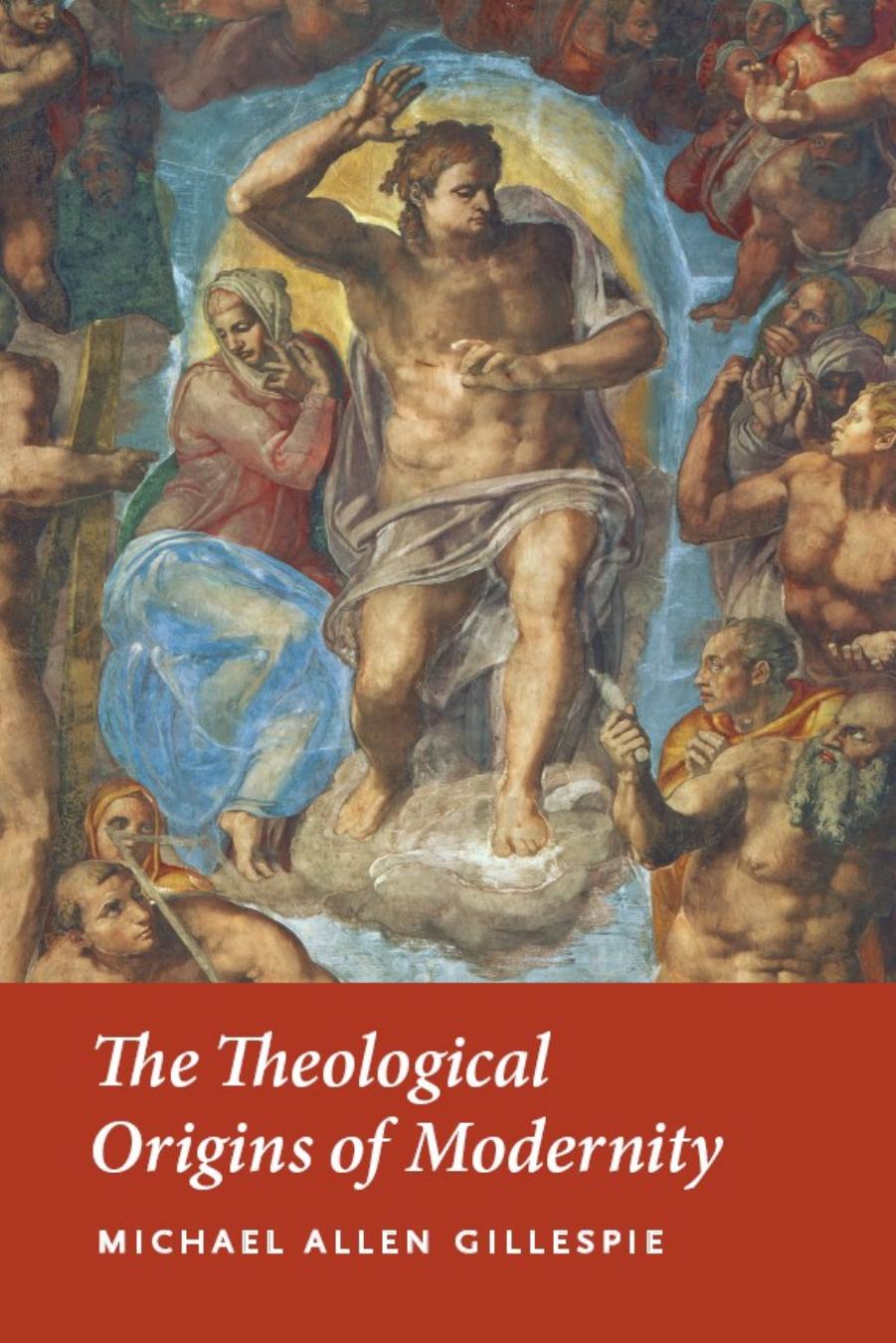The Theological Origins of Modernity by Michael Allen Gillespie

Author:Michael Allen Gillespie [Gillespie, Michael Allen]
Language: eng
Format: epub, pdf
Publisher: University of Chicago Press
Published: 2008-09-14T22:00:00+00:00
DESCARTESâ REFORMULATION OF METAPHYSICS
There has been considerable debate over the last hundred years about Descartesâ originality, almost all of it bound up with a debate about the origin and nature of modernity. The traditional view of Descartes growing out of the Enlightenment was perhaps best summarized by Hegel, who claimed in his History of Philosophy that when we come to Descartes we come home to ourselves, out of otherness, home to subjectivity. 73 Modernity is thus understood as the consequence of the Reformation and the development of human inwardness. Beginning at the end of the nineteenth century, a number of scholars, often neo-Thomist in inclination and antipathetic to modernity and Descartes, tried to show that Descartesâ thought was not as original as he had contended by showing the many ways in which he drew upon scholasticism. Descartes in their view concealed the medieval foundations of his new structure, building a âmechanicâs workshopâ on a âcathedralâs foundation.â Martin Heidegger and a number of later postmodernist thinkers argued, by contrast, that while there were certainly medieval echoes in Descartesâ thought, it was essentially modern because it had the doctrine of subjectivity at its foundation. However, in contrast to the earlier tradition that culminated in Hegel, they insisted that this Cartesian turn to subjectivity was not the moment of humanityâs homecoming but the moment of its most profound alienation, the beginning of its âworld-midnight.â Since the 1980s a new view of Descartes has begun to emerge.
Descartes is often described as one of the first to attack Aristotelianism. This view, however, is simply mistaken. As we have seen, the attack on Aristotelianism had already begun in the thirteenth century. The Aristotelianism of Descartesâ time was in fact a neo-Aristotelianism (actually a neo-Thomism) that was developed in the Counter-reformation, particularly by Suarez. Ontologically, it was closer to nominalism than it was to Thomism itself. It is true that Descartes rejected the scholastic or Aristotelian idea of substantial forms, but so had many of his predecessors. He also clearly accepted the basic nominalistic premise that God created the world because he wanted to and not because he was determined to do so by some antecedent reason or necessity. Thus, in contrast to scholasticism, he did not believe that the eternal truths of reason guided God in the creation of the world. 74 While Descartes accepted this basic nominalistic idea, he did not build his new science on a nominalist foundation. Instead he formulated a basic principle of his own that was fundamentally at odds with nominalism.
The goal of Descartesâ scientific project was to make man master and possessor of nature and in this way to prolong human life (perhaps infinitely), to eliminate want, and to provide security. He thus had a decidedly this-worldly goal. 75 His science seeks to employ theory in the service of practice and to ground all thinking and action in certainty. The aim of this thinking is thus not contemplation but action and production, turning the world to human use. 76
The key to such a science for Descartes is certainty.
Download
The Theological Origins of Modernity by Michael Allen Gillespie.pdf
This site does not store any files on its server. We only index and link to content provided by other sites. Please contact the content providers to delete copyright contents if any and email us, we'll remove relevant links or contents immediately.
The Lost Art of Listening by Michael P. Nichols(7489)
Why I Am Not A Calvinist by Dr. Peter S. Ruckman(4148)
The Rosicrucians by Christopher McIntosh(3509)
Wicca: a guide for the solitary practitioner by Scott Cunningham(3166)
Signature in the Cell: DNA and the Evidence for Intelligent Design by Stephen C. Meyer(3125)
Real Sex by Lauren F. Winner(3014)
The Holy Spirit by Billy Graham(2944)
To Light a Sacred Flame by Silver RavenWolf(2814)
The End of Faith by Sam Harris(2733)
The Gnostic Gospels by Pagels Elaine(2527)
Waking Up by Sam Harris(2454)
Nine Parts of Desire by Geraldine Brooks(2358)
Jesus by Paul Johnson(2352)
Devil, The by Almond Philip C(2324)
The God delusion by Richard Dawkins(2305)
Heavens on Earth by Michael Shermer(2278)
Kundalini by Gopi Krishna(2180)
Chosen by God by R. C. Sproul(2160)
The Nature of Consciousness by Rupert Spira(2102)
